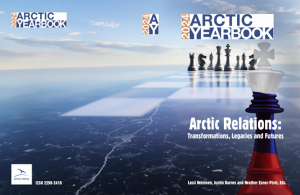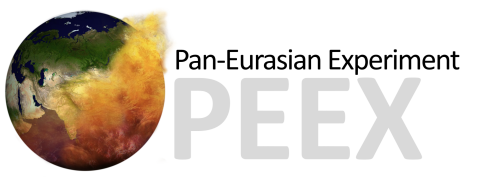Project Description

The Arctic Yearbook 2024 is now (18 Nov) accessible online at arcticyearbook.com.
This year’s edition features an article by Lappalainen et al. titled: “Advancing the Understanding and Quantification of Arctic Climate Feedbacks to Improve Climate Models and Inform Decision-Making: Insights from the AASCO Project (2020-2022).” The article synthesizes insights from the Arena for the Gap Analysis of Existing Arctic Science Co-Operations (AASCO-1) project (2020–2022), which calls for further development of integrated observation systems and the fusion of data from diverse sources, extending beyond traditional scientific boundaries. AASCO project (www.atm.helsinki.fi/peex/index.php/aasco/) is coordinated by the INAR, University of Helsinki in collaboration with The Sustained Arctic Observing Networks Initiating Group (SAON) ROADS process, SIOS, DBAR, The Fletcher School at Tufts University, The University of the Arctic and WMO-GAW.
You can cite the Arctic Yearbook 2024 as follows:
-
Heininen, L., J. Barnes & H. Exner-Pirot (eds.). (2024). Arctic Yearbook 2024 – Arctic Relations: Transformations, Legacies, and Futures. Akureyri, Iceland: Arctic Portal. ISSN: 2298-2418
Looking Ahead: AASCO-2 Project
The AASCO-2 project will continue through 2025, culminating in a major event in Monaco in February. This gathering will focus on consolidating research efforts and advancing coordinated solutions to Arctic environmental challenges. Specific goals include:
-
Strengthening collaboration among research communities focused on Arctic climate feedbacks.
-
Contributing to the ICARP IV Arctic Research Planning processes (details here) and the preparing for the 5th International Polar Year (2032–33).
-
Supporting initiatives such as SAON-ROADS, PACES (Air Pollution in the Arctic: Climate, Environment and Societies), and the Climate Interventions project (climateinterventions.org).
The event will in deliver science-driven messages to Arctic policymakers and funding bodies, including the EU’s 9th Framework Programme for R&D (2021–2027) and its successor. These efforts are designed to ensure informed decision-making and strategic funding for critical Arctic research and initiatives.
